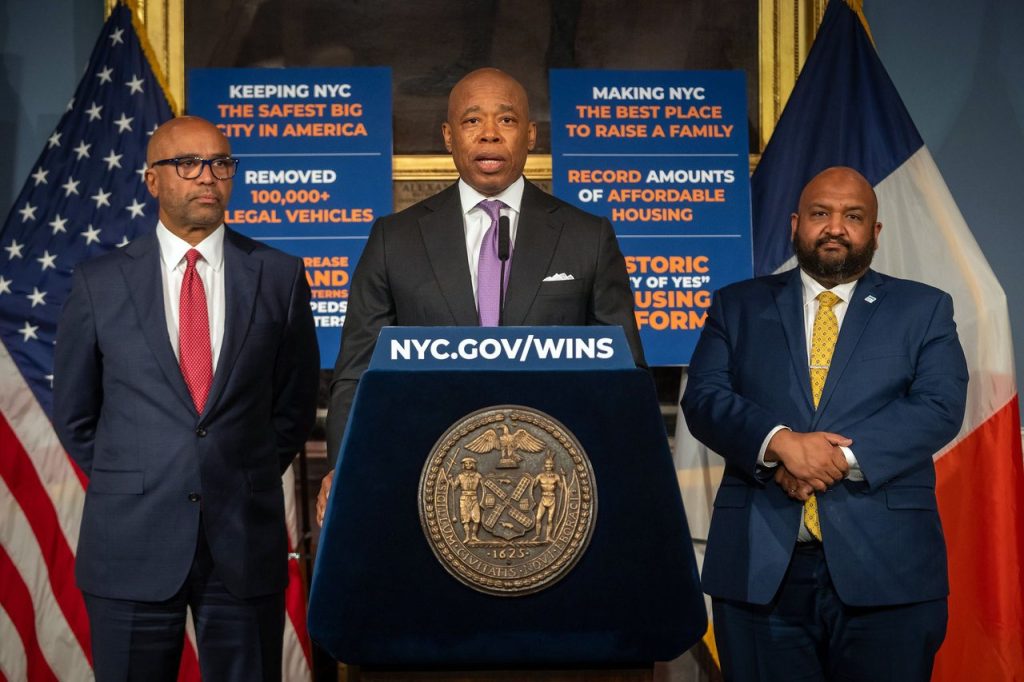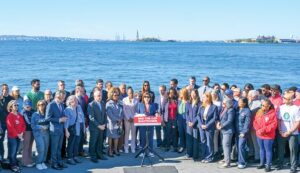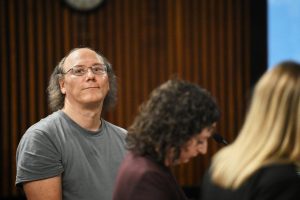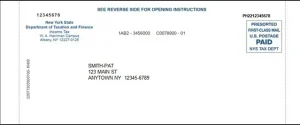New York and other places support the lawsuit to prevent the federal government from cutting 4 billion medical research funds

On the 17th, the New York City government announced that it had jointly submitted a court opinion with cities and county governments across the country, joining the “Commonwealth of Massachusetts, et al. v. National Institutes of Health, et al.” case to prevent the federal government from cutting funding for research institutions and avoid affecting the city’s hospitals, universities and research institutions.
The city government said that the federal National Institutes of Health (NIH) recently changed the subsidy calculation method without warning, drastically reducing subsidies for “indirect costs”, which may cause research projects in many parts of the country to be suspended or forced to cancel, resulting in delayed medical breakthroughs, a large number of job opportunities lost, and a severe blow to the local economy.
According to data, NIH issues about 32 billion yuan in research funds each year, most of which are used for “direct costs” such as purchasing equipment or paying researchers’ salaries, and some are “indirect costs”, covering operating expenses such as laboratory maintenance, utilities, administrative staff and hazardous materials handling. The changes proposed by NIH this time are aimed at the latter’s budget cuts. According to the Trump administration’s estimate, it will reduce funding by about 4 billion yuan each year.
Mayor Eric Adams said, “New York City has the world’s top public health and research institutions. Millions of patients and families rely on the research results of these units, which also drive local economic development and maintain the city’s leading position in medical innovation. Federal funding is key to promoting these life-saving work. We will continue to defend the resources that New Yorkers deserve and call on the court to protect this important funding.”
The case is currently being heard by the United States Court of Appeals for the First Circuit. According to the court opinion, the cities and county governments pointed out that the NIH’s move was both hasty and lacked due process. It did not take into account the long-term dependence of the local government on the original subsidy structure, which is bound to have a serious impact on local research institutions, employment and economy, and will also weaken people’s expectations for medical research, especially in the fields of cancer, diabetes and heart disease.
At the same time, 92 NIH experts also sent an open letter to Jay Bhattacharya, the director appointed by Trump, criticizing the Trump administration’s policies for undermining the mission of NIH, wasting public resources, and harming the health of the American people and even the world.
![]()




